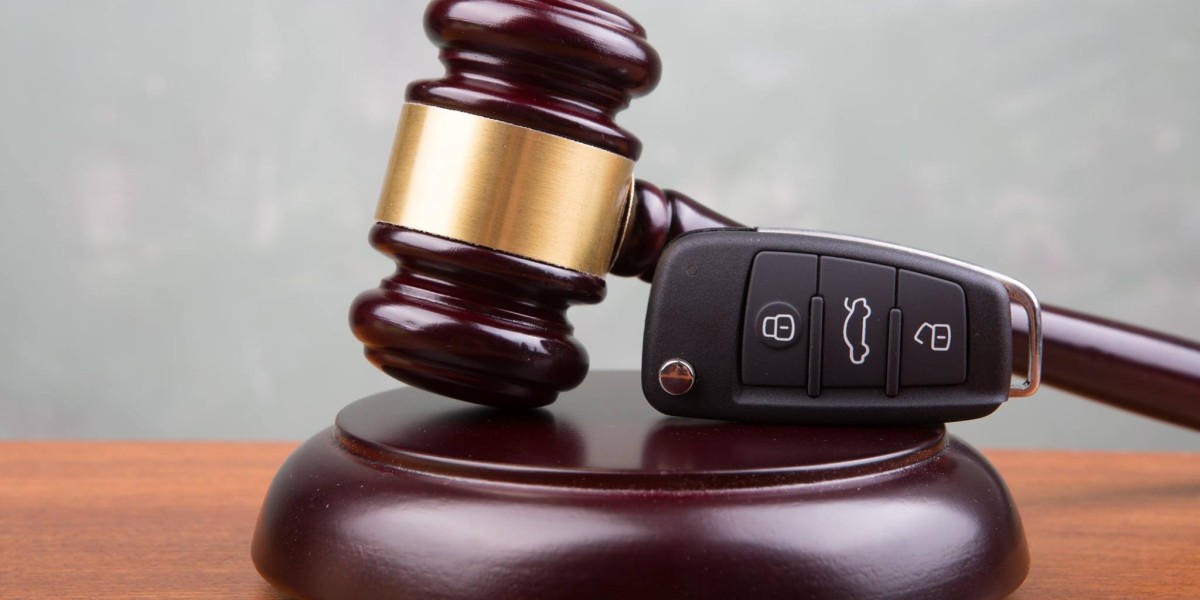Elder Abuse and Insurance Bad Faith: Protecting Vulnerable Seniors
Elder abuse is a pervasive issue that affects millions of seniors across the United States. It encompasses physical harm, emotional neglect, financial exploitation, and other forms of mistreatment. A less-discussed but equally damaging problem is the role of insurance bad faith in exacerbating the struggles of elderly individuals. Understanding the intersection of elder abuse and insurance bad faith is crucial for protecting this vulnerable population.
What is Elder Abuse?
Elder abuse involves intentional or negligent acts by caregivers, family members, or institutions that cause harm or distress to older adults. The main types of elder abuse include:
Physical Abuse: Inflicting pain, injury, or physical restraint.
Emotional Abuse: Verbal assaults, threats, or isolation.
Financial Exploitation: Misuse or theft of a senior’s financial resources.
Neglect: Failing to provide necessary care, such as food, shelter, or medical attention.
Healthcare Fraud: Overbilling or providing substandard care in medical facilities.
Victims of elder abuse often face emotional trauma, financial ruin, and even loss of life. These issues are further compounded when insurance companies act in bad faith, denying rightful claims or delaying payments.
What is Insurance Bad Faith?
Insurance bad faith occurs when an insurance company fails to uphold its contractual obligations to policyholders. This can involve:
Unjust Claim Denials: Rejecting legitimate claims without a valid reason.
Delays in Payment: Prolonging the process of claim settlement unnecessarily.
Lowball Settlements: Offering insufficient amounts to cover the actual damages.
Misrepresentation: Providing false or misleading information about coverage or policy terms.
For elderly individuals who rely on insurance for health care, long-term care, or property protection, bad faith practices can have devastating consequences.
How Elder Abuse and Insurance Bad Faith Intersect
Elderly individuals are often more susceptible to financial exploitation, including deceptive practices by insurance companies. Here are some scenarios where elder abuse and insurance bad faith may overlap:
Healthcare Denials: Insurance companies may deny coverage for necessary medical treatments, forcing seniors to pay out of pocket or forgo care altogether.
Long-Term Care Issues: Denying or delaying coverage for assisted living or nursing home care can leave seniors in unsafe environments.
Disaster Recovery: After events like fires or floods, insurance bad faith can prevent seniors from rebuilding their homes or accessing temporary housing.
These actions can exacerbate the already precarious situations many elderly individuals face, contributing to further emotional and financial harm.
Legal Protections Against Elder Abuse and Insurance Bad Faith
Several legal avenues are available to address these issues:
Elder Abuse Laws: Many states have laws specifically designed to protect seniors from abuse and exploitation. Victims can seek civil or criminal remedies against perpetrators.
Insurance Bad Faith Claims: Policyholders can file lawsuits against insurance companies that act in bad faith. Successful claims can result in compensation for damages, legal fees, and punitive damages.
Advocacy Organizations: Groups like the National Center on Elder Abuse (NCEA) and local elder care agencies offer resources and support to victims.
Steps to Protect Seniors
To safeguard seniors from elder abuse and insurance bad faith, consider the following measures:
Educate and Empower: Ensure that seniors understand their insurance policies and rights.
Monitor Financial Activity: Keep an eye on financial transactions to detect any unusual activity.
Document Everything: Maintain records of communications with insurance companies and caregivers.
Seek Legal Help: Consult an attorney experienced in elder abuse and insurance bad faith cases to explore legal options.
Conclusion
Elder abuse and insurance bad faith are pressing issues that demand attention and action. Protecting the rights of seniors requires a multifaceted approach that includes education, advocacy, and legal intervention. By addressing these challenges, we can ensure that older adults receive the care, respect, and financial security they deserve.








